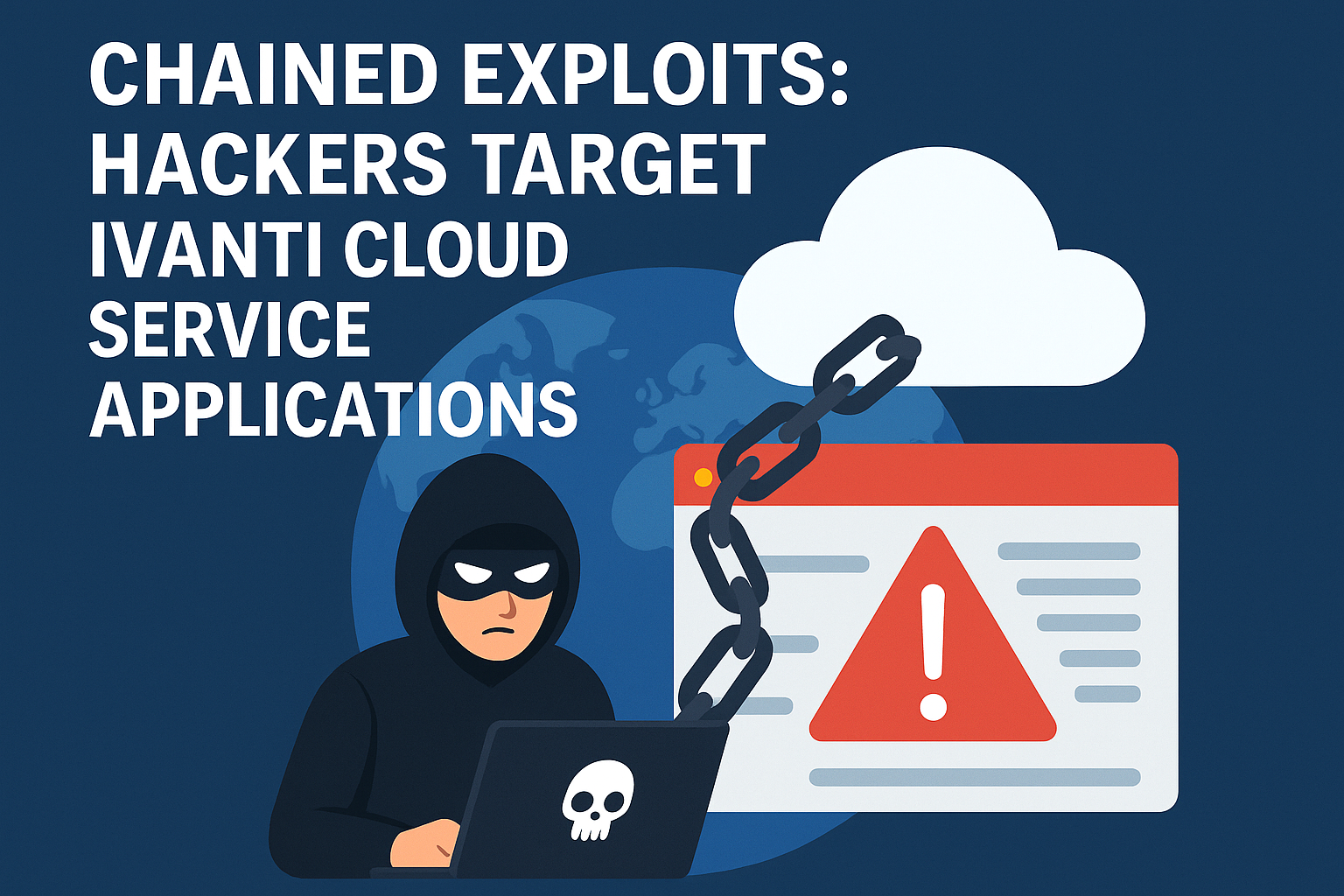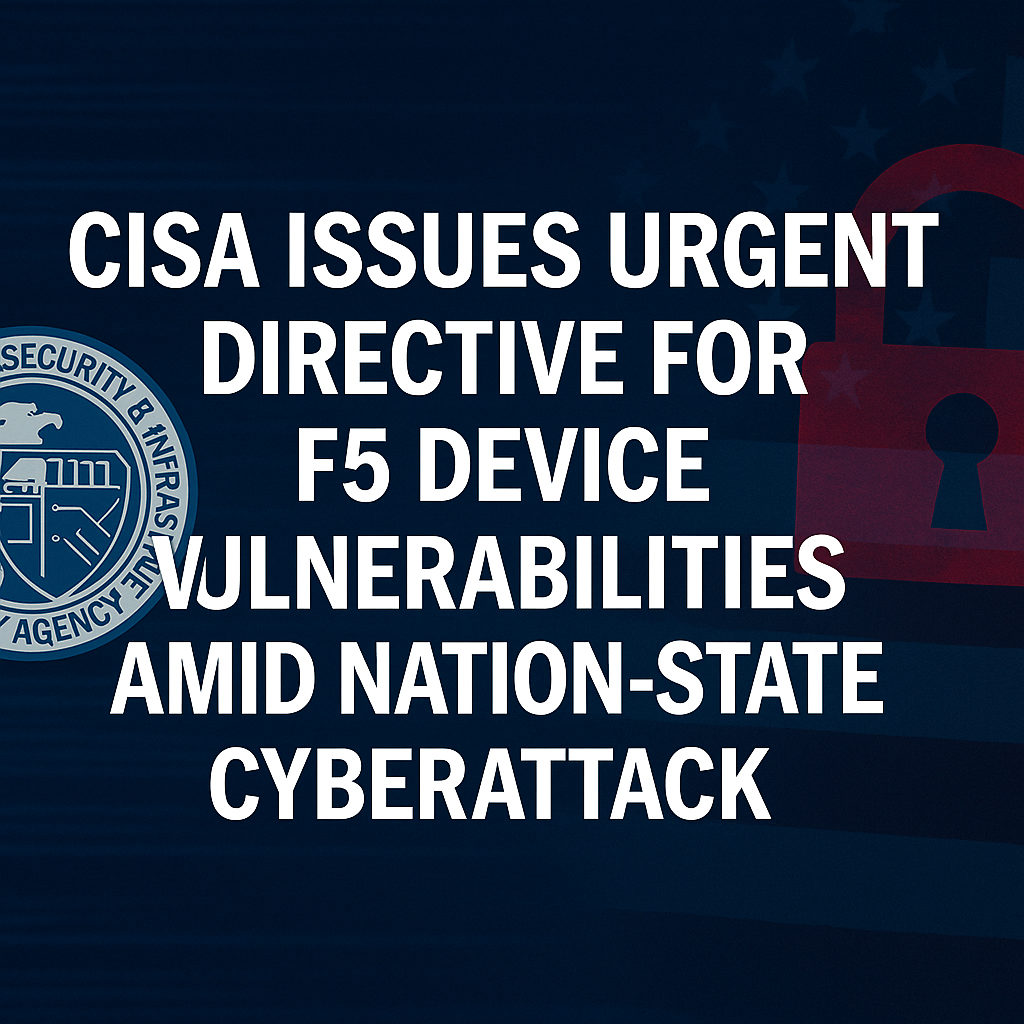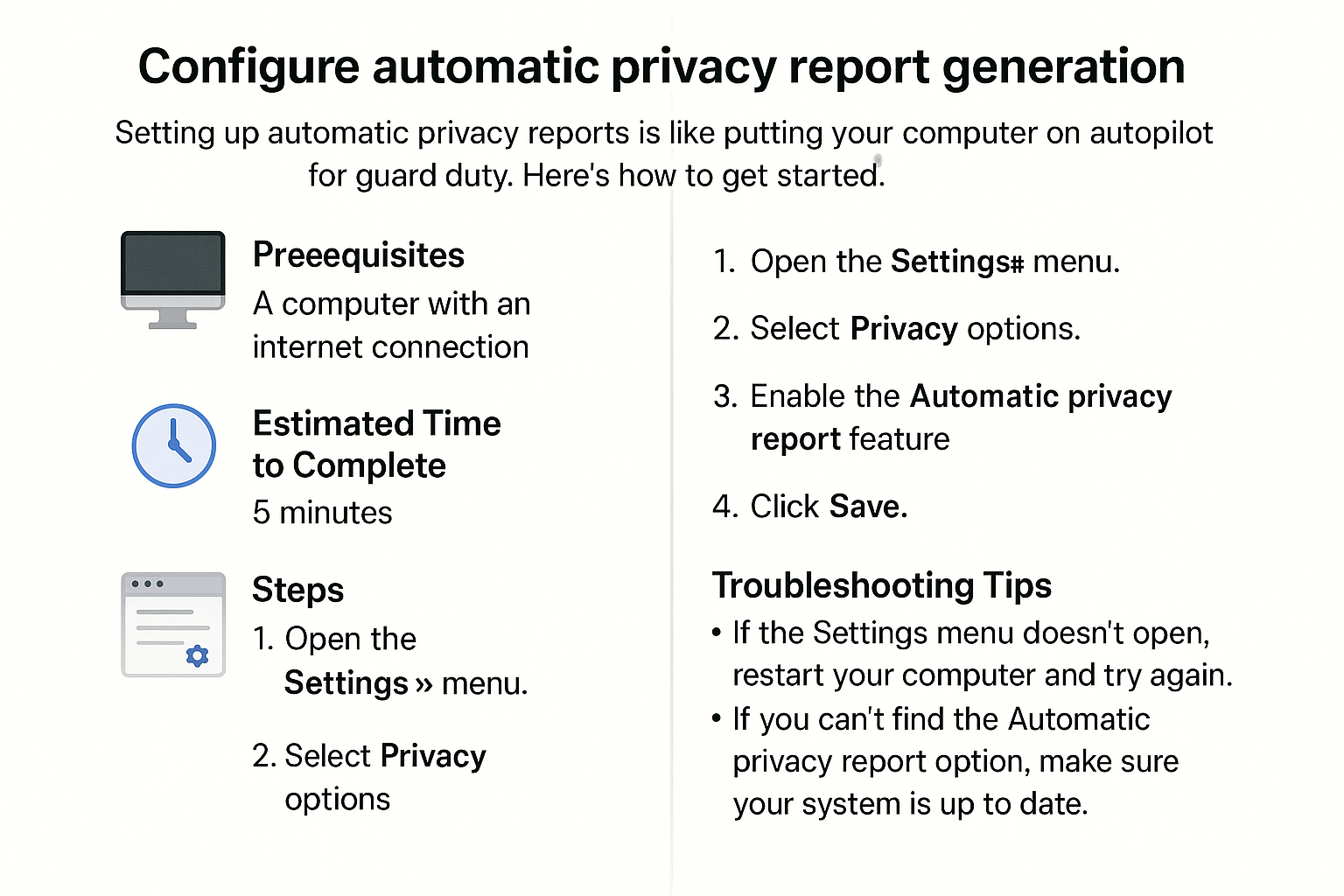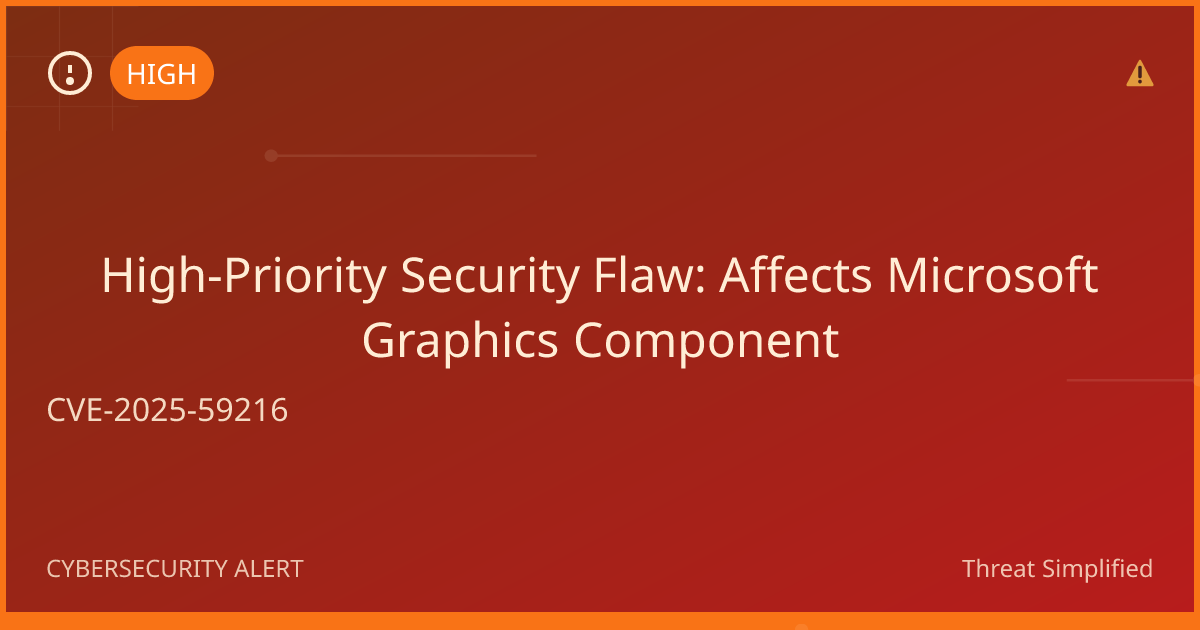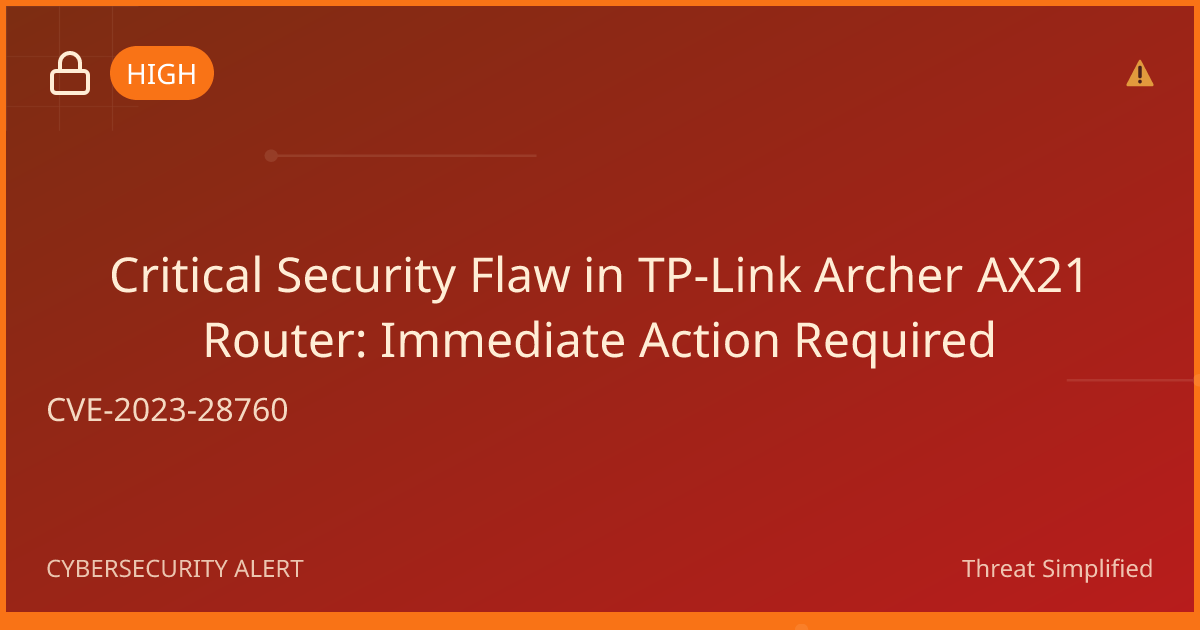Threat Actors Chained Vulnerabilities in Ivanti Cloud Service Applications
Opening Context
In a significant cybersecurity alert, the Cybersecurity and Infrastructure Security Agency (CISA) and the Federal Bureau of Investigation (FBI) have warned that threat actors exploited vulnerabilities within the Ivanti Cloud Service Appliances (CSA). This advisory comes in response to multiple incidents of cyber exploitation that came to light in September 2024. According to CISA, the vulnerabilities, collectively known as CVE-2024-8963, CVE-2024-9379, CVE-2024-8190, and CVE-2024-9380, have serious implications for organizations still using outdated or unpatched versions of the software.
Timeline / Background
In September 2024, Ivanti published a series of security advisories addressing critical vulnerabilities in their CSA product. The first advisory released focused on CVE-2024-8963 and CVE-2024-8190, which disclosed that attackers could exploit administrative bypass and command injection vulnerabilities to gain unauthorized access. A month later, Ivanti issued another advisory, revealing that CVE-2024-9379 and CVE-2024-9380 — both linked to SQL injection and remote code execution — were also being actively exploited.
This alarming series of vulnerabilities poses a significant risk, particularly since they affect Ivanti CSA version 4.6x versions prior to 519. This version is notably End-of-Life (EOL), meaning it receives no further security patches or support from Ivanti. Moreover, CVE-2024-9379 and CVE-2024-9380 affect CSA versions 5.0.1 and below, which should also be considered vulnerable.
Technical Details (in plain English)
At the core of this issue lies an intricate web of vulnerabilities that hackers have leveraged to infiltrate networks.
- CVE-2024-8963 is an administrative bypass vulnerability that grants threat actors restricted access to features that should be off-limits.
- CVE-2024-8190 allows for command injections, enabling hackers to execute arbitrary commands on the CSA, further compromising its integrity.
- CVE-2024-9379 is a SQL injection flaw that lets attackers run arbitrary SQL commands if they have administrative privileges.
- CVE-2024-9380 allows for remote code execution, meaning that attackers can execute harmful code from a remote location.
The exploitation process typically begins with threat actors executing GET and POST requests to specific endpoints within the Ivanti CSA. They then send malformed data, tricking the application into executing harmful commands. The results? Cybercriminals can extract sensitive data, implant malware, and establish persistent access to compromised networks, often going unnoticed for extended periods.
Broader Context
This incident exemplifies a growing trend in cybersecurity where threat actors are increasingly proficient at chaining multiple vulnerabilities to maximize their impact. The exploitation of Ivanti's CSA mirrors past incidents involving other software providers. Similar breaches have resulted in severe data leaks, financial losses, and crippling disruptions to business operations. The techniques used here — particularly SQL injection and command execution — are hallmarks of sophisticated cyber adversaries, making it vital for companies to remain vigilant and proactive.
Expert/Agency Input
The CISA and the FBI have underscored the urgency of addressing these vulnerabilities. In their advisory, they stress, "Organizations should treat credentials and sensitive data stored within Ivanti appliances as compromised." Their recommendations urge system administrators to upgrade to the latest supported version of Ivanti CSA and to enhance their incident response capability across networks. Their findings indicate that while some organizations promptly detected the malicious activities and mitigated their impact, others faced severe exploitation due to delayed responses.
Impact
The ramifications of these vulnerabilities extend well beyond the technical specifics—it is a critical wake-up call for organizations relying on outdated software. Compromised systems can lead to the theft of personal information, financial records, and trade secrets. For average users, this event serves as a reminder that even software from reputable vendors can harbor significant vulnerabilities that are exploitable by motivated attackers.
What Readers Can Do
For businesses and individual users alike, there are actionable steps to mitigate threats posed by vulnerabilities:
- Upgrade Software: Ensure that all systems, particularly those running Ivanti CSA, are updated to the latest version. Patches and updates are critical in minimizing vulnerabilities.
- Implement Multi-Factor Authentication (MFA): Adding an additional layer of security can substantially reduce the risk of unauthorized access.
- Monitor Network Traffic: Regularly auditing network traffic for unusual activity can help in early detection of potential threats.
- Educate Staff: Training employees on the importance of cybersecurity hygiene can empower them to identify phishing attempts and other malicious activities.
- Backup Data: Regularly backing up critical data can be a lifesaver if a breach occurs. Ensure backups are secure and not directly connected to the main network.
Closing
The vulnerabilities found within Ivanti's Cloud Service Applications highlight an ongoing threat landscape that demands close attention. Cybersecurity is not a one-time effort but a continuous process. As long as there are vulnerabilities, threat actors will exploit them. Organizations must remain vigilant and proactive to safeguard their networks.
References
- Cybersecurity and Infrastructure Security Agency (CISA) - Advisory on Ivanti Cloud Service Appliances.
- Federal Bureau of Investigation (FBI) - Insights and Recommendations on Handling Exploited Vulnerabilities.
- Ivanti Security Advisories - Specific vulnerabilities and their impacts.
- MITRE ATT&CK Framework - Analysis of tactics and techniques used by threat actors.
